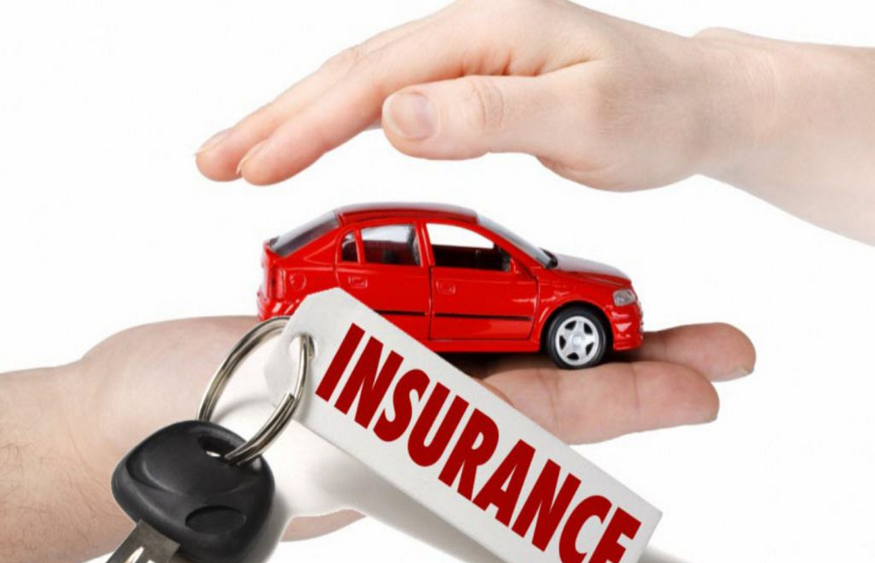What is compulsory insurance? What does it mean to be insured on “both sides” and what should you do when no insurer wants to insure you?
Public insurance and private insurance
First of all, all Quebecers are insured by the public plan of the Société de l’assurance automobile du Québec (SAAQ) for bodily injury (injury, death, etc.). This plan covers all residents of Quebec, whether they have a driver’s license or not. It covers injuries sustained in an accident involving a road vehicle in Quebec or elsewhere in the world. This means, for example, that a pedestrian or cyclist hit by a car may be compensated by the SAAQ.
You will be compensated whether you are responsible for the accident or not. In addition, you will not be able to sue or be sued in court for the bodily harm caused. However, not all damage is covered by the SAAQ, hence the obligation to have private insurance.
In Quebec, all private insurers offer the same type of contract based on the Quebec Policy Form. This font has two parts. Chapter A provides for civil liability, which is mandatory. Section B, which covers damage to your own automobile, is optional insurance.
Civil liability insurance (Chapter A): an obligation
In Quebec, the law obliges all owners of an automobile to have insurance of at least $50,000 to cover their civil liability in Canada and the United States. Often referred to as “one side insurance”, this insurance covers damage caused by your fault to another person. Specifically, this insurance covers: material damage caused to others with your car (e.g. by parking in your garage, you damage your neighbour’s fence); injuries and other bodily damage caused to another person, and which are not covered by the Société d’assurance automobile du Québec or another public plan.
In addition, in the event of a collision between your automobile and that of another person, your civil liability insurance covers the damage caused to your own automobile if you are not responsible for this collision. If you are, you will only be covered if you have taken out the optional private insurance in section B of your contract (see explanation below).
To be compensated in the event of damage not provided for in the previous protections, your insurer will offer you “endorsements”, that is to say optional additional protection.
Compare your car insurance when buying it
Know that insurance is a product that you are entitled to shop for when renewing your contract. You can therefore check with other insurers to see if they offer better prices or better protection. However, it is necessary to compare the differences in premium, deductible and the protections offered in order to make an informed choice.
Renew or terminate your insurance contract
Upon expiry, your insurance policy will be automatically renewed under the same conditions, unless your insurer sends you a written notice at least 30 days before the expiry date.
In addition, you can cancel your contract at any time by sending your insurer a written notice. If you paid your insurance premium in advance, your insurer will have to reimburse you for the overpaid amount.
The insurer can cancel the contract within the first 60 days by notifying you in writing. Termination will be applicable 15 days after receipt of this notice. After 60 days, it cannot cancel your contract unless you have not paid your premium or your risk increases. The insurer must then send you a written notice. Termination will be applicable 30 days after receipt of this notice.
Difficulty getting insurance? There is a remedy
As you are obliged to have liability insurance for damages you cause to others, you are not exempt from this obligation if you cannot find an insurer. What if you are in this situation?
The Insurance Information Center can help you solve this problem. To do this, it follows a procedure called the Automobile Insurance Access Mechanism. This mechanism is free and will guarantee you the minimum protection provided by law. An agent from the Center will take care of finding common ground with an insurer.
You must have been refused by at least 5 insurers. To demonstrate this, be sure to keep track of your calls. Ask for and write down the names of the agents and brokers you talk to. Also keep the names and phone numbers of insurers.


